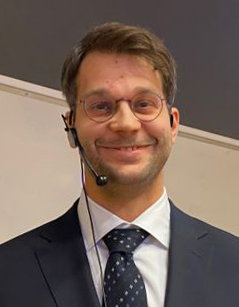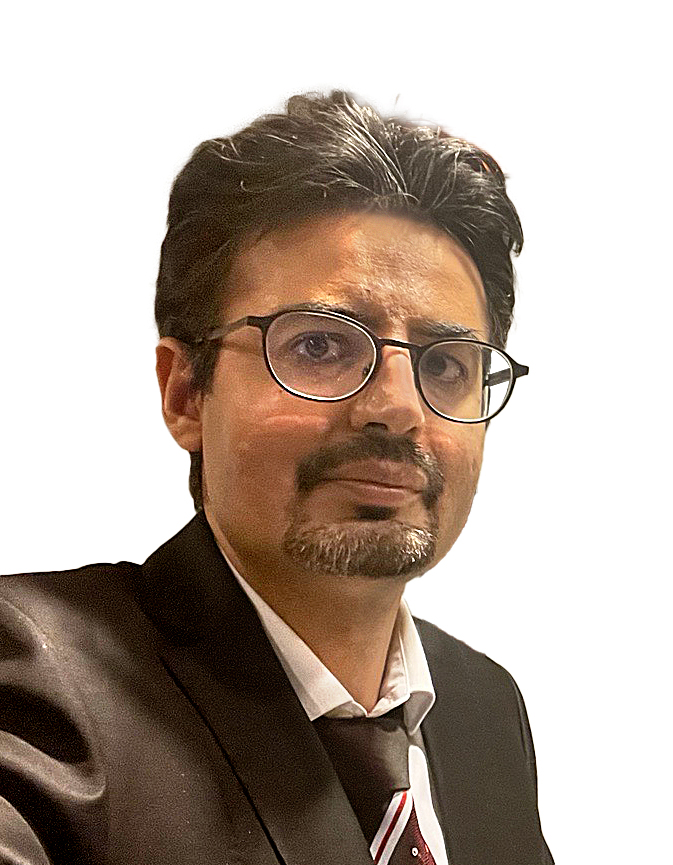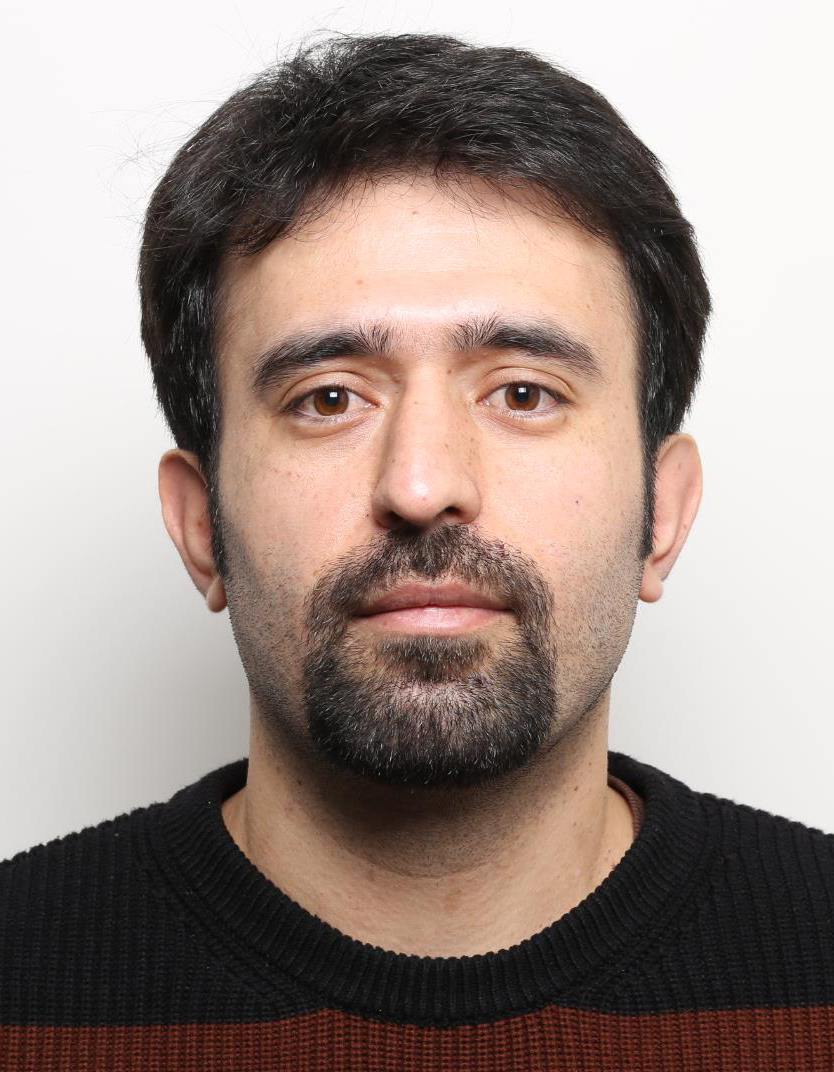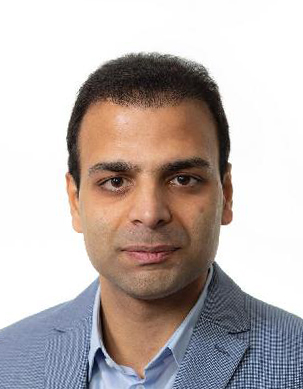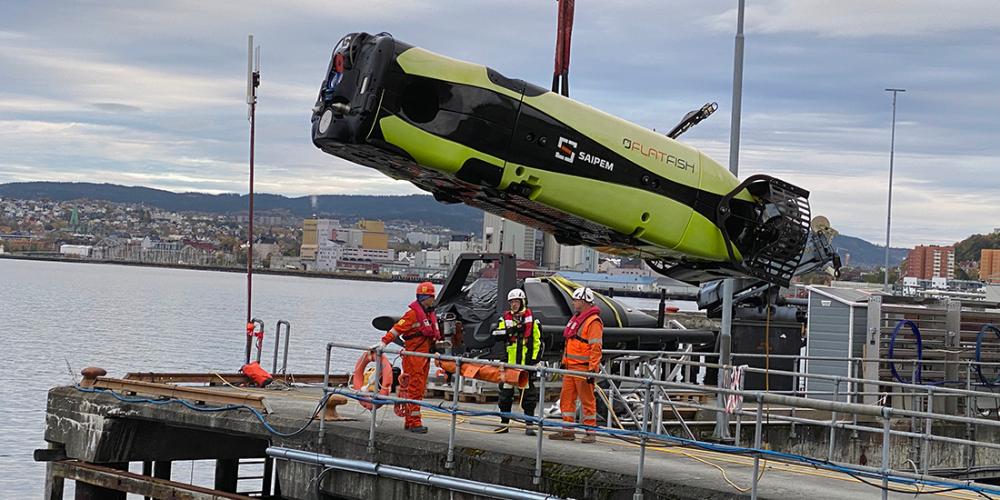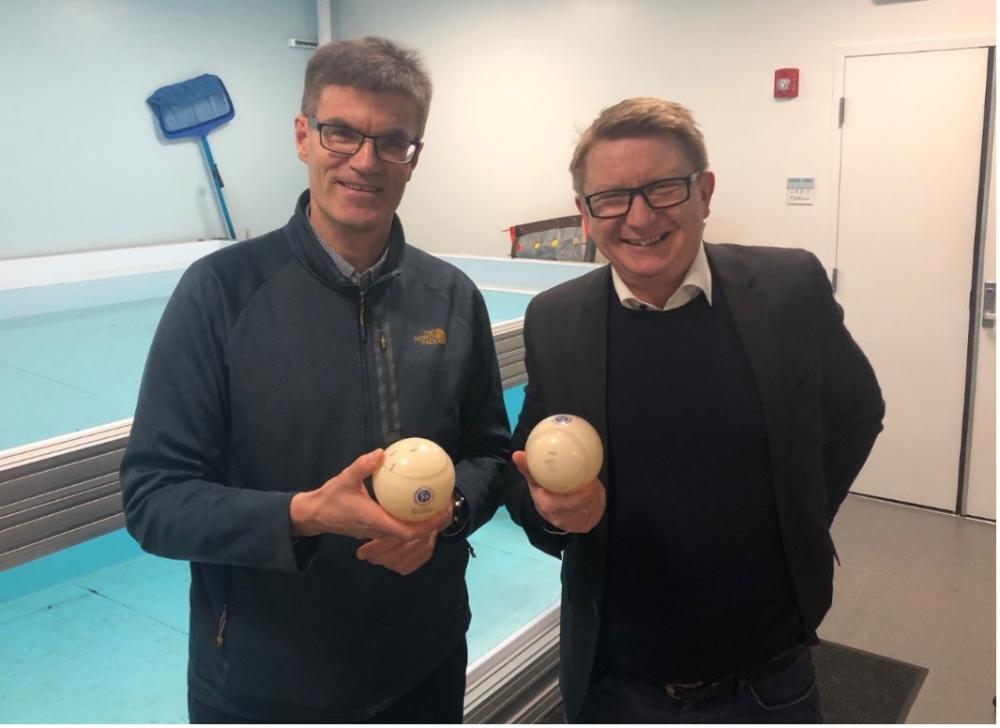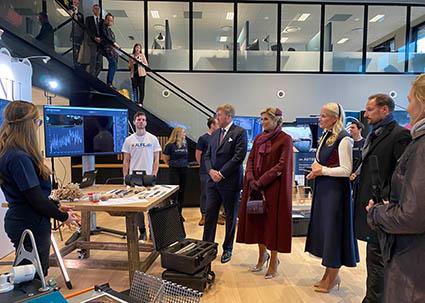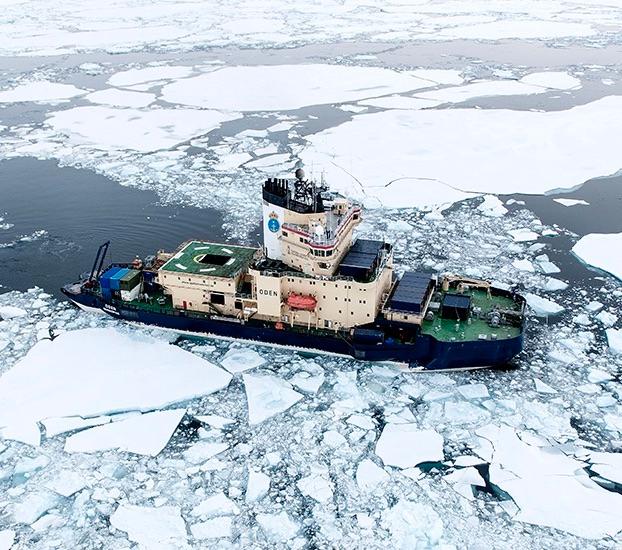Annual report 2021
Department of Marine Technology | NTNU
Looking back

In the past year, we have gradually returned to normal after the Corona pandemic. However, we return to a new normal with more online meetings and less travel, and even more important – a new normal when it comes to teaching.
The students now expect that all lectures shall be available online or at least as video recordings, something we find challenging. How do we create the required student active participation in this new scenario? We don’t know, but we are working on it!
I have been working to realize the Ocean Space Centre since 2008. It has been a long journey, with plenty of ups and downs. This year we had both!
Finally, by the very end of the year, the EFTA Surveillance Authority (ESA), who is overlooking the European Economic Area (which is Norway’s connection with the European Union), approved the state investment in the Ocean Space Centre. It took 10 years, but we made it!
On the less positive side, the financing of the Ocean Space Centre was cut by 1 billion Nkr, which most likely results in the research labs for marine machinery and structures to be reduced by about 50% and located not at Tyholt, but at SINTEF-owned premises at Sandmoen, south of Trondheim.
A great thanks to our tireless staff that makes sure that our teaching and research is doing great, on top of all the hurdles and obstacles!

Our mission
NTNU’s mission is to educate outstanding graduates with strong analytical and practical abilities. The research goal in the technological areas is to expand knowledge in science and technology for a better world. The Department of Marine Technology shall contribute to environmentally and economically sustainable ocean industries in Norway and worldwide.
The Department of marine technology research and education contributes to develop sustainable solutions, helps solve complex problems and global challenges to assure effective resource utilization. In line with NTNU’s goal to move from mission to action, we address the UN goals for sustainability (SDGs) that are relevant based on the research and educational activity in the department.

